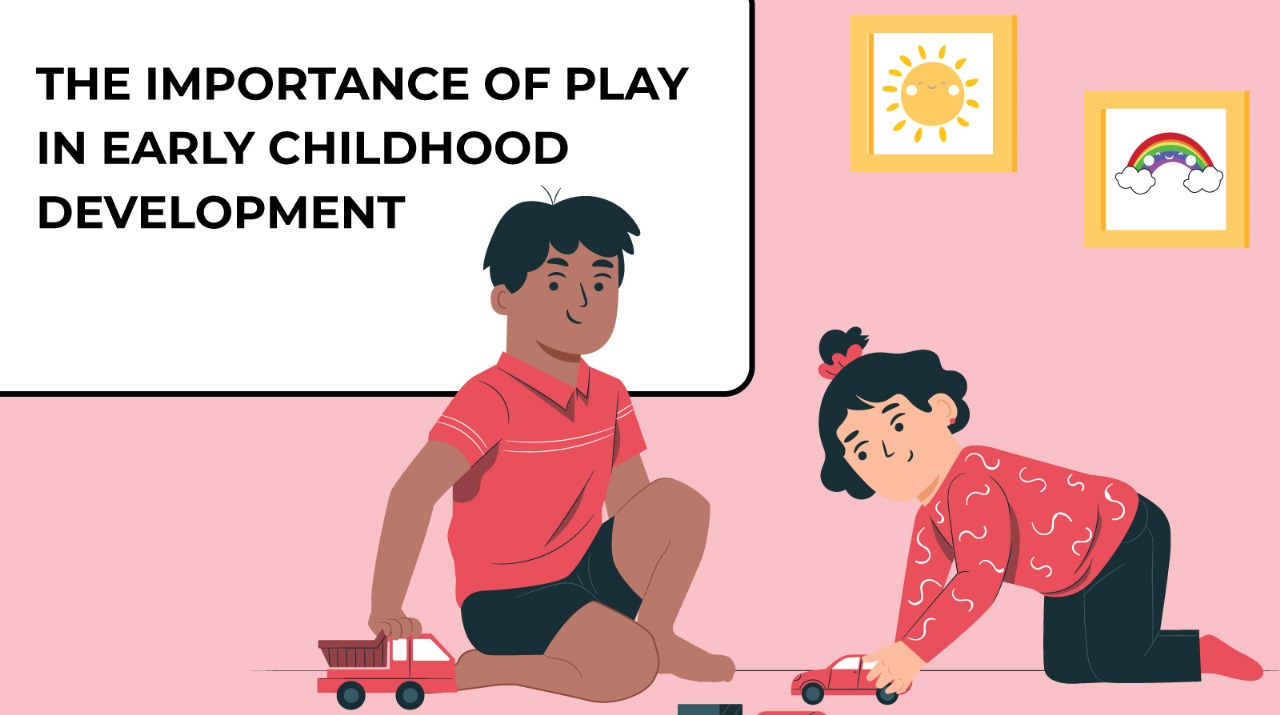Play is a fundamental aspect of early childhood development, serving as a powerful tool that goes beyond mere entertainment. It plays a pivotal role in shaping cognitive, emotional, social, and physical skills in young children. As parents, educators, and caregivers, understanding the significance of play is essential for fostering a nurturing environment that supports the holistic growth of a child

Play serves as a natural learning process for children, aiding in the development of essential cognitive skills. Through various forms of play, such as pretend play, building with blocks, or engaging in puzzles, children enhance their problem-solving abilities, critical thinking skills, and creativity. Play allows them to explore, experiment, and make sense of the world around them, laying the foundation for future academic success.
Emotional development is a crucial aspect of a child's overall well-being, and play provides a safe and constructive outlet for emotional expression. Whether it's through role-playing, storytelling, or engaging in artistic activities, children learn to identify and manage their emotions. Play fosters empathy, resilience, and self-regulation, helping children develop a strong emotional foundation that will benefit them throughout their lives.
Play is a social activity that encourages interaction and cooperation among children. Engaging in group play, sharing toys, and negotiating with peers are essential experiences that contribute to the development of social skills. Through play, children learn the art of communication, collaboration, and conflict resolution, building the interpersonal skills necessary for successful relationships in the future.
Active play, such as running, jumping, and climbing, is crucial for the physical development of young children. Gross motor skills, fine motor skills, and coordination are all enhanced through various physical activities. Outdoor play, in particular, provides opportunities for children to develop their strength, balance, and overall physical fitness, contributing to a healthy lifestyle from an early age.
Play nurtures a child's innate creativity and imagination. Whether engaged in pretend play, drawing, or storytelling, children explore their imagination, which is essential for their early childhood development. This creativity not only contributes to artistic expression but also enhances problem-solving skills by encouraging children to think outside the box.
Parents and caregivers play a vital role in supporting and encouraging play in early childhood development. Providing a variety of age-appropriate toys, dedicating time for play, and actively participating in play activities create a positive environment for learning. By observing a child's play, adults can gain insights into their interests, concerns, and developmental progress, enabling them to tailor their support accordingly.